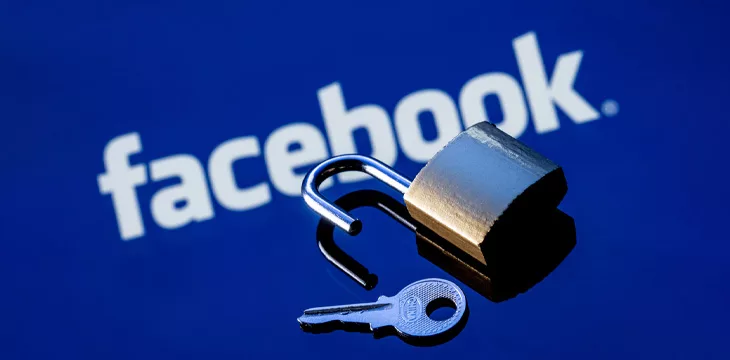|
Getting your Trinity Audio player ready...
|
At least once a year, CoinGeek reports on yet another lawsuit against Meta (NASDAQ: META) over data rights and privacy. It’s only the second month of 2024, and already, yet another class-action lawsuit worth up to £3 billion ($3.78 billion) has been given the green light in the United Kingdom.
Legal academic Dr. Liza Lovdahl-Gormsen brought the suit on behalf of 45 million Facebook users. The claim was initially rejected in 2023, but after some tweaking, it has been given the go-ahead and will be heard by 2026 at the latest.
Dr. Lovdahl-Gormsen alleges that Facebook has “struck an unfair bargain with its users,” using its dominance to force them to hand over data from other Meta products such as Instagram and third-party sites. Essentially, Facebook made a “take it or leave it offer” to users, making it impossible to turn down if they wanted access to the Facebook platform.
The claim seeks between £2.07 billion and £3.1 billion ($2.6 billion and $3.9 billion) in compensation for those who had Facebook accounts between February 2016 and October 2023.
Meta said it was “committed to giving people meaningful control” and that the claims “remain entirely without merit, and we will vigorously defend them.”
This isn’t Meta’s first rodeo
This lawsuit isn’t the first against Meta, and it won’t be the last. Here’s a quick rundown of some of the scandals and lawsuits it has been or is currently involved in.
First, who could forget the Cambridge Analytica scandal? Meta was found to be collecting user’s data without their consent and selling it to a political consulting firm—Cambridge Analytica. The “This Is Your Digital Life” app developed by Dr. Aleksandr Kogan posed as a survey but also collected data on friends of those who took it.
The breach was made public in 2018, foisting Meta into the center of a global scandal and debate over data rights and privacy. It ultimately settled a class-action lawsuit for $750 million and paid fines of $5 billion to the Federal Trade Commission (FTC) and $100 million
to the U.S. Securities and Exchange Commission (SEC).
Meta has also been involved in some other costly lawsuits over the years, many of which are related to how it handles data. The Data Privacy Lawsuit, filed in 2012, saw it settle for $90 million. Complaints since then include a $150 billion class-action lawsuit on behalf of the Rohingya people in Myanmar and a 2021 lawsuit by journalist Peter Jukes alleging violations of the Data Protection Act.
In 2022, the U.S. District Court for the District of Columbia ruled that the FTC has grounds to proceed with an antitrust lawsuit against Meta. It seeks to make Meta sell its subsidiaries, including WhatsApp and Instagram.
The data barons are bullies, and they must be stopped
At CoinGeek, we report regularly on how Bitcoin can empower users to own their own data. The peer-to-peer nature of the network allows users to send, receive, and transmit data without any third party acting as a middleman. The nature of the blockchain enables users to upload data for a fee, ensuring they own it and can use it on any compatible application without surrendering control of it.
It is no coincidence that some of the biggest companies in Silicon Valley, including Jack Dorsey-owned payments company Block, and until recently, Meta itself, have teamed up to seize Dr. Craig Wright’s intellectual property from him by claiming he is not Bitcoin’s inventor and thus has no legal claim to it.
The reason is simple: these companies make money as either middlemen in payments or from data harvesting (or both), and the unboundedly scaling Bitcoin protocol represents an existential threat to their infinite profits. With the elimination of intermediaries and trusted third parties in both data and monetary transactions, companies like Meta would not be able to bully and cajole their users into sharing more data with them.
While legal action and monetary compensation go some way to remedying unfair practices, the better solution is creating an alternative peer-to-peer network with no centralized parties in control, rendering firms like Meta powerless.
Dorsey, Mark Zuckerberg, and the various digital currency exchanges understand Bitcoin’s disruptive potential perfectly well. We can only hope Dr. Wright emerges victorious from
COPA vs. Wright, but in any case, the Bitcoin protocol is scaling unboundedly and it can’t be stopped.
Watch: Using modern advances in cryptography to enhance data privacy—Owen Vaughan

 07-14-2025
07-14-2025 





